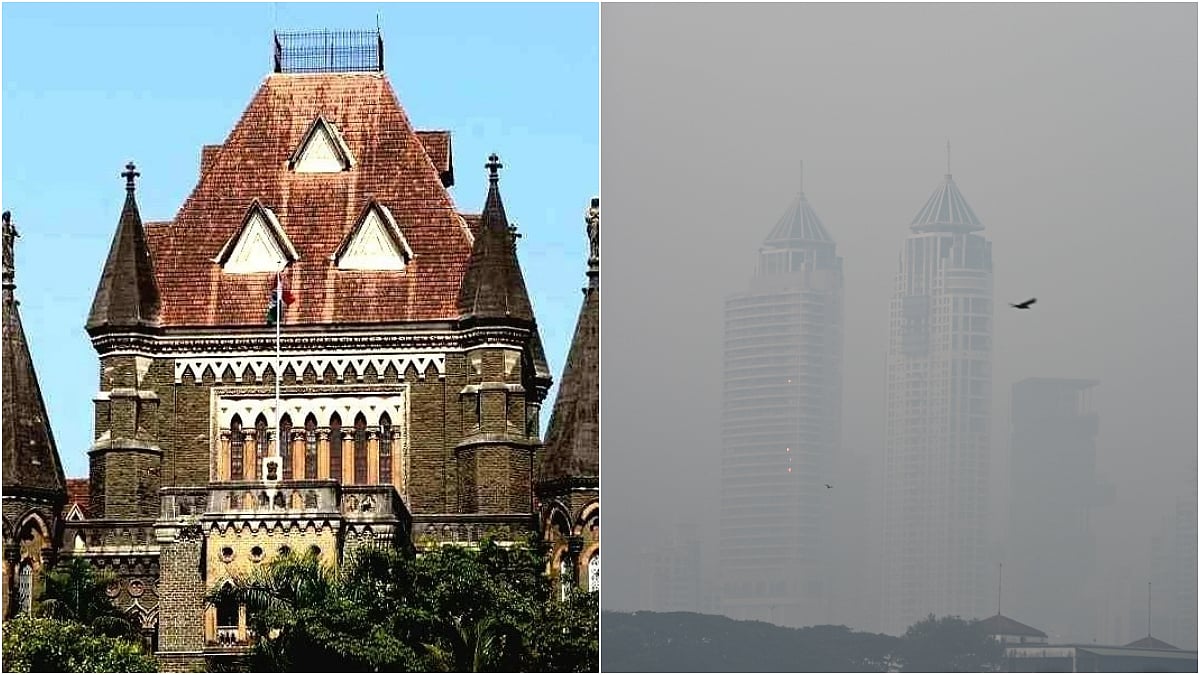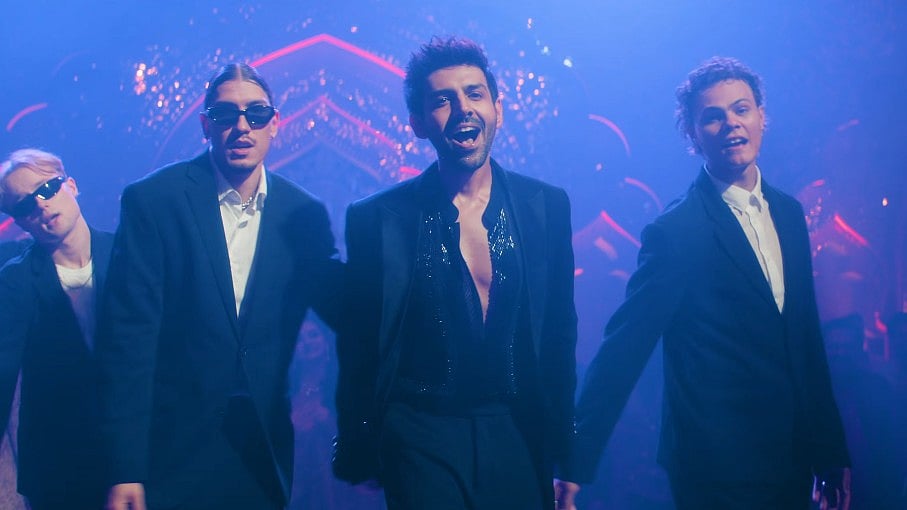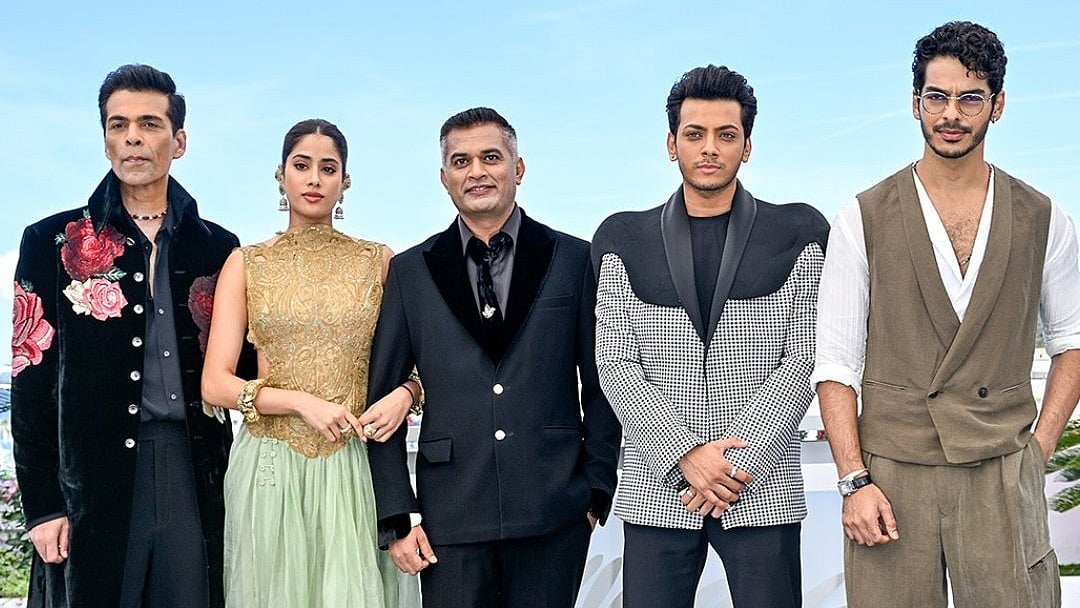I still find it hard to believe that Dilip Kumar is no longer with us. And then, I watch the National Award-winning film from the ’70s, Sagina Mahato, and know that he can never go away.
Originally made as a modest black-and-white Bengali film, before being remade four years later, in Hindi, as Sagina, the film showcased Dilip sahab as a happy-go-lucky, often sozzled tea garden worker, unafraid to raise his voice against colonial tyranny. His character, inspired by the real-life Naxal leader Jangal Santhal, eventually falls to the machinations of his British bosses and a conniving Left Party, which had wooed him into its ranks only to destroy him.

Director Tapan Sinha had met the actor through a common friend during a visit to Mumbai and signed Dilip sahab despite persistent rumours of tantrums and high-handedness. He never regretted his decision because not only did he impress with his range of histrionics, he was always the gentleman-actor on the sets. If he wanted to do a shot his way, Dilip sahab would politely ask permission from his director, telling him he could retain the one he wished during the editing. Then, he would go on to deliver three to four different takes of the same shot.
Amitava Nag, who will soon release a book on the auteur with Om Books, titled The Cinema of Tapan Sinha: An Introduction, informs that the film was shot on location in Darjeeling and Kurseong. “The local school where they were shooting was in shambles. Dilip Kumar donated 40 per cent of the money needed towards its repairs, admitting that Saira (wife Saira Banu, who was also a part of the film) and he could have easily paid the entire amount, but he would be happy if everyone contributed to the cause,” recounts Amitava. Around three months later, when the unit returned to the location, they were greeted by the sight of a fully renovated school building, he adds.
Three years before this, in 1967, Dilip sahab’s co-star from films like Devdas, Naya Daur, Gunga Jumna, Madhumati and Leader, Vyjayanthimala Bali, had acted in a Tapan Sinha film, Hatey Bazarey, playing a young window, Chhipli. The actress had been somewhat unnerved when told that while she would be speaking most of her lines in Hindi, there would be some sentences in broken Bengali. “Tapan Sinha sent her two cassettes with her dialogues recorded in slow and medium speed to facilitate the process for her. He also made her sing Cheye thaki with Mrinal Chakraborty, the duet finding a place in HMV’s yearly album of songs compiled from all over India,” shares Amitava.
During the shoot, Ashok Kumar, who played the philanthropic Dr Mukherjee, fell seriously ill with a bout of asthma attacks. “Dr Mani Chhetri was urgently dispatched to Bhutan by the then Chief Minister of West Bengal, Prafulla Sen. He advised the actor a few days of complete rest,” narrates the author.

Despite a shoe-string budget, Sinha prepared to shoot without his hero, only for Dadamoni to tell him on the set the next morning that either he be allowed to work or the director could have him sent back to Bombay (now Mumbai). Looking at him on screen, no one would have guessed that off camera, he was struggling to breathe. Hatey Bazarey bagged the President’s Gold Medal for All India Best Feature Film.
This column on one of our greatest directors, who brought sensitivity and empathy to the screen, would not be complete without a mention of Ek Doctor Ki Maut. It was based on a real-life doctor-scientist, Dr Subhash Mukhopadhyay, whose pioneering research produced India’s first test-tube baby, but the doctor himself committed suicide when national-level politics stopped him from sharing his research findings with the international community.
Tapan Sinha was adjudged Best Director at the 38th National Film and Ek Doctor Ki Maut has an unforgettable performance by Pankaj Kapur. “In the film, Sinha showed the doctor migrating to a foreign country because he believed that in science, no one actually dies; every scientist’s work remains. But migration too is nothing but brain drain,” reasons Amitava, pointing out that the doctor as a hero, serving humanity against all odds, is there in his other films, including Khaniker Atithi, Arohi, Zindagi Zindagi and Wheel Chair.











